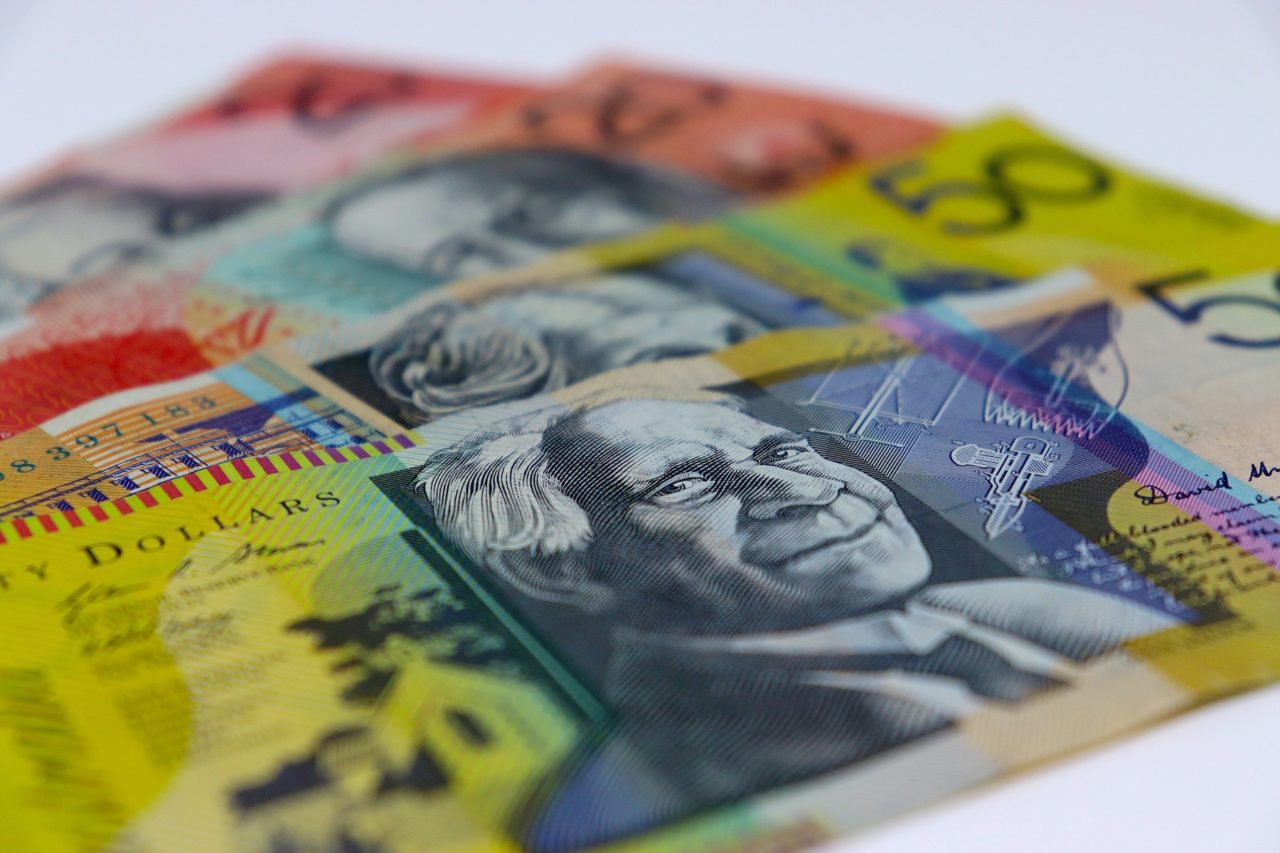Chief executive at Mercedes-Benz, Ola Kaellenius, has told reporters that he expects prices for battery-electric vehicles (BEVs) to remain high, while doubting that the entirety of its European sales to come in the form of an EV by the end of the decade.
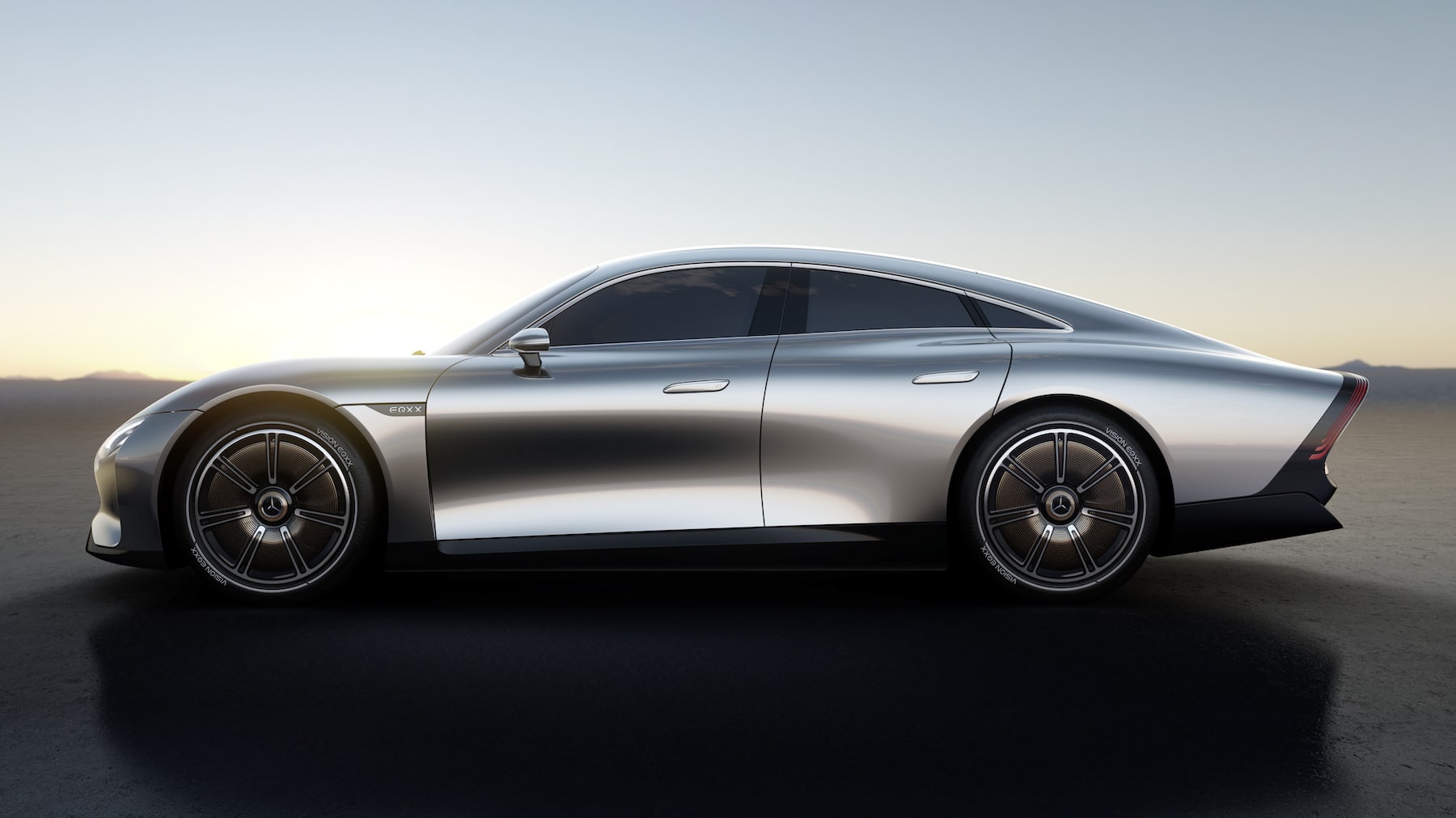 Speaking with Reuters at the IAA Mobility show in Munich over the weekend, the Chief Executive of Mercedes-Benz said that in the face of higher variable costs for an electric car, prices “will remain that way for the foreseeable future.”
Speaking with Reuters at the IAA Mobility show in Munich over the weekend, the Chief Executive of Mercedes-Benz said that in the face of higher variable costs for an electric car, prices “will remain that way for the foreseeable future.”
Kaellenius said that it simply wasn’t viable for manufacturers to pass on added costs for EVs straight onto customers, while adding the company is looking to lock in fixed costs and explore resource allocation methods to bring EVs to price parity with their internal combustion rivals.
A key part of that strategy has been unveiled overnight at the Munich show with the CLA Concept, which reduces manufacturing complexity and allows ICE, hybrid and EV variants to be assembled on the same production line.
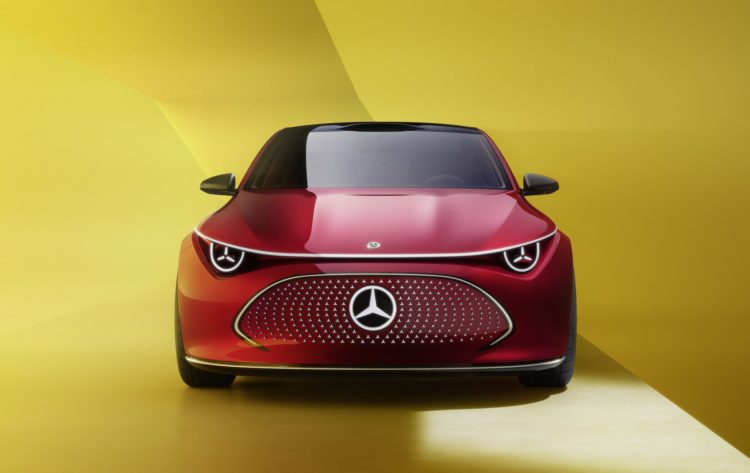 Kaellenius added that he does not expect the company will meet its ambition goal of hitting all-electric sales by 2030, though says it is still ambitious about hitting that target “where markets allow.”
Kaellenius added that he does not expect the company will meet its ambition goal of hitting all-electric sales by 2030, though says it is still ambitious about hitting that target “where markets allow.”
“It’s not going to be 100% in 2030, obviously… from the whole European market, but probably from the Mercedes side as well,” Kaellenius told Reuters.
“We will be ready… but we will also have tactical flexibility,” in reference to its new shared assembly lines for upcoming models, adding that “step by step, you have to convert the market.”
So far in 2023, sales of electric vehicles have grown by 55% up to a total of 820,000 vehicles, which accounts for a 13% of the overall new vehicle powertrain mix.
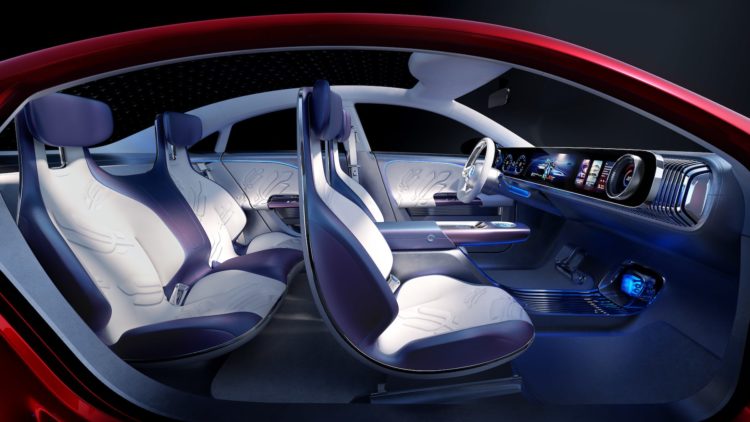 We’ve previously reported that the European Union has passed a bill banning the sale of petrol and diesel vehicles, including commercial vehicles by 2035, increasing its original emissions reductions targets to 100% by the middle of next decade.
We’ve previously reported that the European Union has passed a bill banning the sale of petrol and diesel vehicles, including commercial vehicles by 2035, increasing its original emissions reductions targets to 100% by the middle of next decade.
Supercar manufacturers like Ferrari, and in particular, Porsche have been leaning on lawmakers for their to be some flexibility on the phase-out of ICE sales if they come powered by e-fuels, which has resulted in Porsche acquiring a stake in e-fuel specialists, HIF Global.
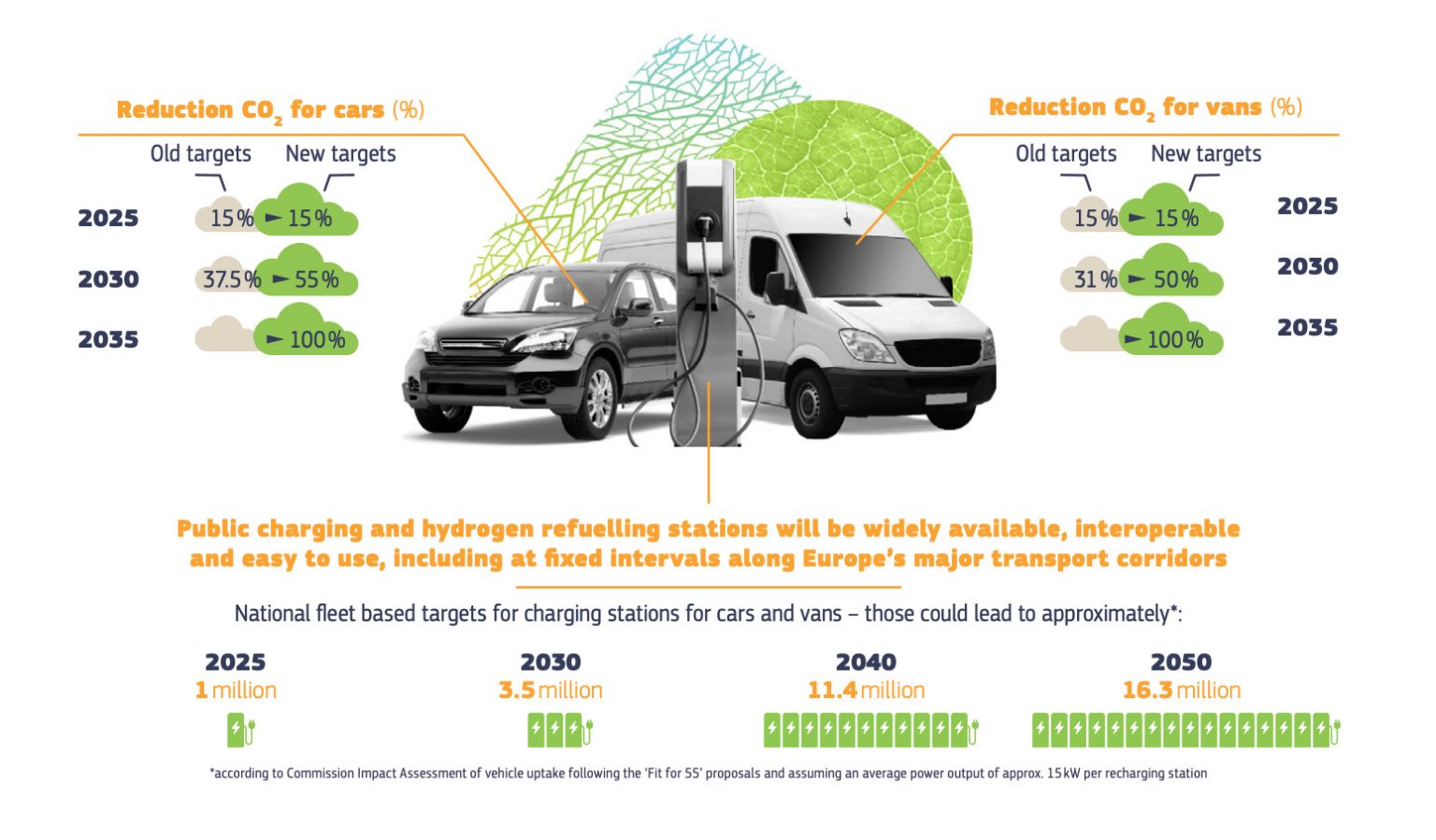 On the Italian side of the fence, Ferrari’s Chief, Benedetto Vigna has said that “the good news for us as a company is that on top of electric cars, we will also be able to go on with our internal combustion engines.”
On the Italian side of the fence, Ferrari’s Chief, Benedetto Vigna has said that “the good news for us as a company is that on top of electric cars, we will also be able to go on with our internal combustion engines.”
“This decision is very interesting for us because it allows ICEs to go beyond 2036,” Vigna concluded.
